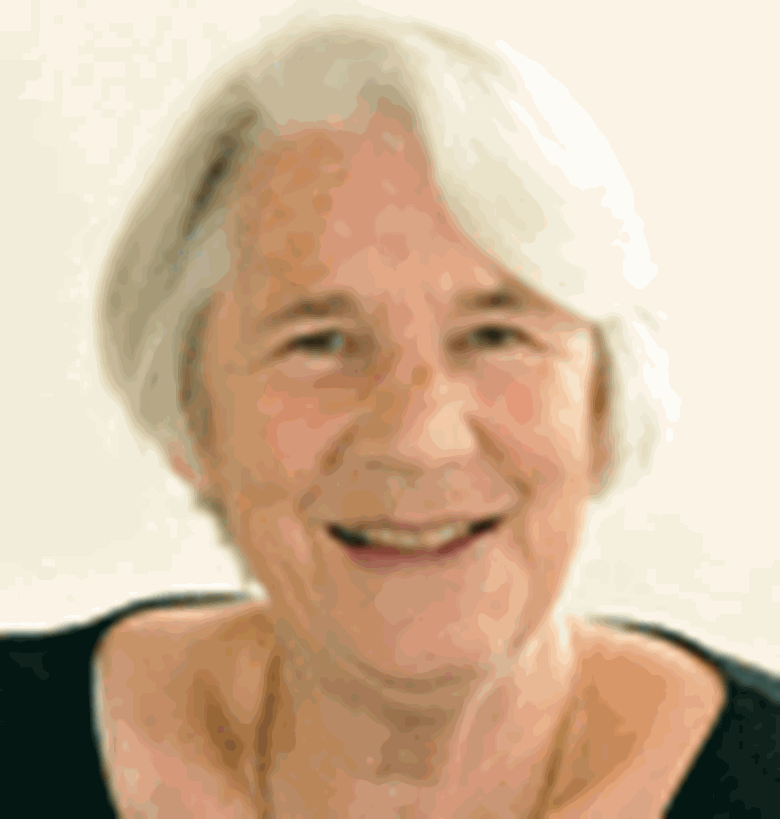Training Today: Early Years Teachers - Experts needed
Wendy Scott and Margaret Simms on behalf of TACTYC
Tuesday, June 22, 2010
Early years specialists raise standards.

Traditionally, early years teachers have worked in maintained nursery schools and classes, and in what used to be called infant classes, now reception and Key Stage 1. Independent schools often employ nursery or kindergarten teachers, although Montessori and Steiner teachers are not trained for as long as people with Qualified Teacher Status (QTS). A Froebel teacher has extra training beyond what is required for QTS, and many teachers obtain a Masters degree after further study.
In Scotland, nursery teaching was seen as a specialism which required an additional year of training, and in London, a generation ago, secondary teachers who wanted to work with the youngest children were required to undertake a year's conversion course.
Primary teachers had a term of extra training to equip them to work effectively in the early years.
This was a recognition of the complexity of working with young children, and the fact that the role involves working with adults, too.
There is evidence that children do better at school in the longer term if their parents understand their learning and can support it at home, so early years teachers are expected to link with families from the start, sharing their knowledge of children's development and progress. The Effective Provision of Pre-school Education (EPPE) Project shows that teachers help raise the effectiveness of less-qualified staff where they work alongside them.
This influence is widening through professional partnerships, particularly in the context of children's centres, which are expected to have the input of at least a part-time teacher. Local authorities are increasingly employing early years teachers in advisory roles in the non-maintained sector.
Research carried out by Iram Siraj-Blatchford in 2002 endorses the holistic contribution made by qualified teachers:
- Those settings which see cognitive and social development as complementary achieve the best profile in terms of child outcomes.
- A good grasp of the appropriate pedagogical content knowledge is a vital component of pedagogy and it is shown to be just as important in the early years as at any later stage.
- The most highly qualified staff are the most effective in their interactions with the children.
- Less qualified staff are significantly better pedagogues when supervised by qualified teachers.
- In excellent and good settings, the balance of who initiated the activities, staff or child, is equal.
The research emphasised the importance of effective assessment in meeting individual children's needs, and the value of formative feedback during activities. The subtle judgement and flexible responsiveness required is a characteristic of expert teaching in the early years.
The EPPE Project also found managers' qualification levels are significantly associated with observed quality profiles, and that settings led by trained teachers exhibited higher quality.
A study in the London Borough of Islington in 2004 showed that children who had attended early years centres led by headteachers and with teachers on the staff, achieved at significantly higher levels in their Key Stage 1 assessments than others.
Early years teachers know about child development and understand the Foundation Stage curriculum. They can plan appropriately for each child's progress, building on his or her existing interests, abilities and knowledge. They know how to sustain motivation and extend learning through play. They are equipped to resist external pressures to teach children in unsuitable ways because their work is based on firm principles.
The inclusion of children with special needs and the equalities agenda demand the particular skills characterised by effective teachers of young children. The recommendations of the Cambridge and Rose reviews of the primary curriculum recommend that the EYFS approach should be continued into Year 1 and beyond, which suggests there should be an expanding role for early years specialists.
Further information
London Borough of Islington (2004). Details of the project tracking from early years settings to KS1 assessment available from alison.ruddock@islington.gov.uk.
EPPE Project, http://eppe.ioe.ac.uk
ROLE OF TACTYC
Training, Advancement and Co-operation in Teaching Young Children (TACTYC) was founded in 1978 to support tutors of advanced courses for teachers of young children. Its 450-plus members are drawn from academic, advisory and training organisations and include early years practitioners in all sectors.
The organisation's aims are:
- to promote the highest quality professional development for all practitioners in early childhood education and care
- to pursue matters of current educational concern and to act as a voice for all those who work with young children
- to facilitate effective communication and support for early years tutors, trainers, advisers and practitioners in schools and settings
- to further the educational well-being of all young children.
There is an increasing international dimension to TACTYC's reach, partly through Early Years: An International Journal of Research and Development, published three times a year by Taylor and Francis/Routledge.




